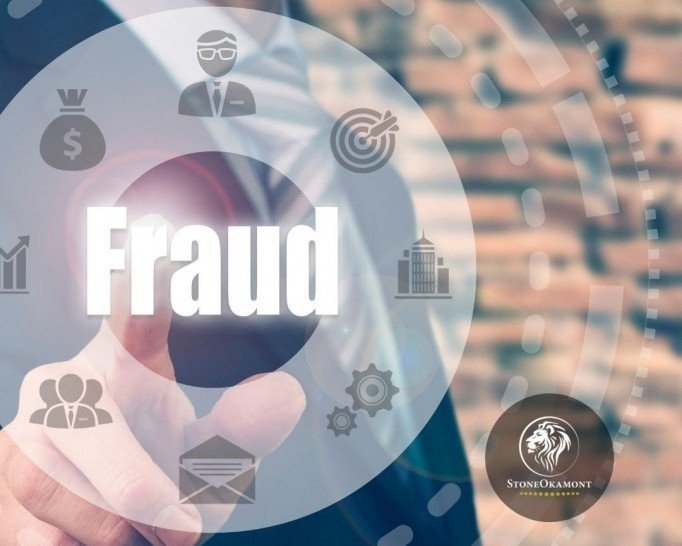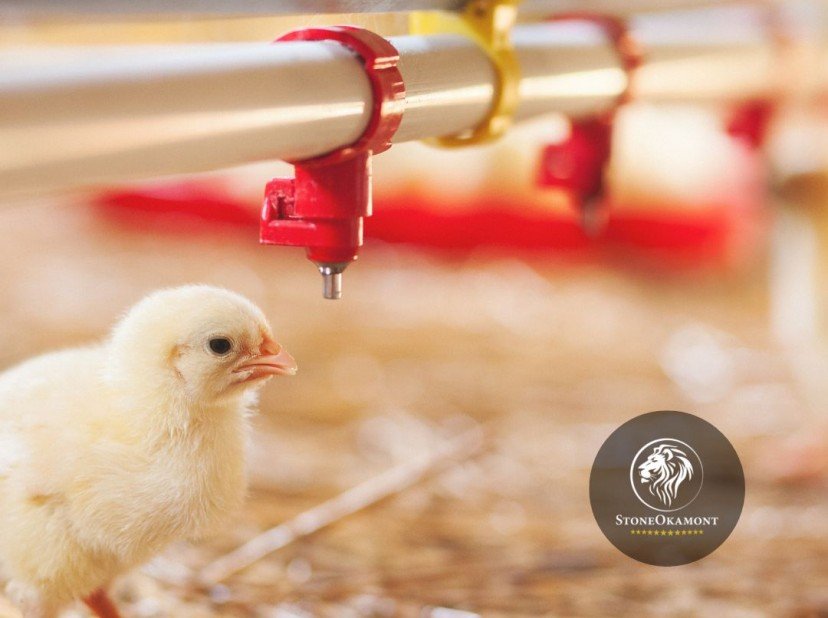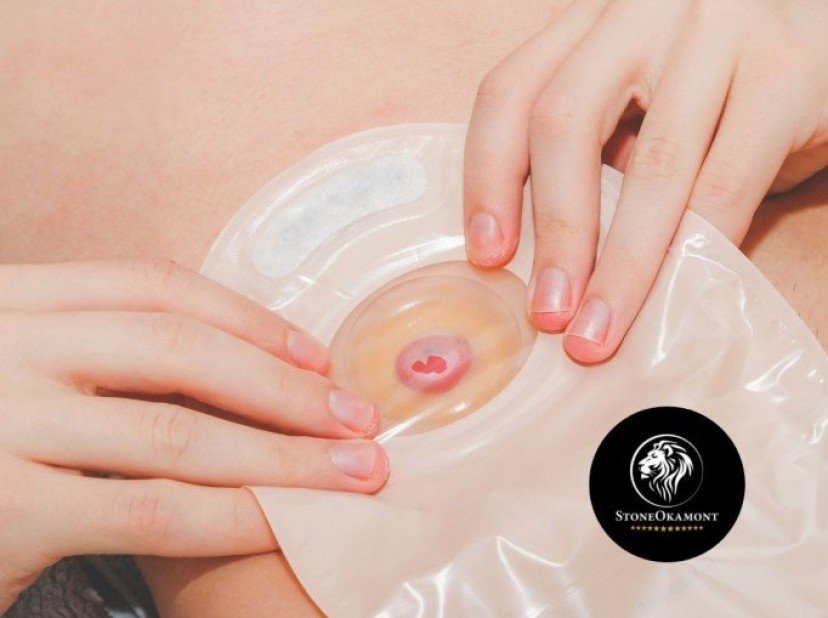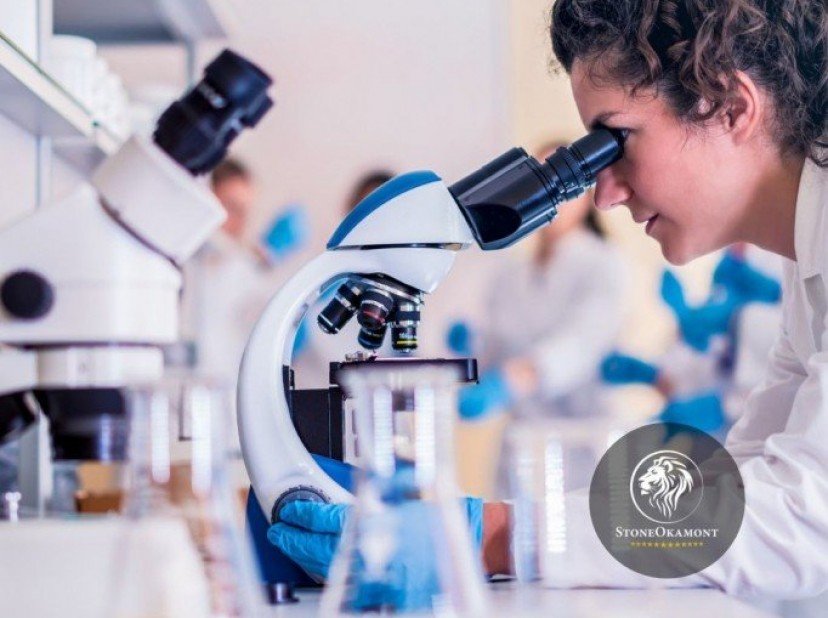
On this week's blog, we'll talk about fraud in the cosmetic industry, from registration processes to false advertisements.
The classification criteria for this type of product follow some rules determined in a specific resolution, which, if not complied with, make these products irregular and incapable of regularization, which results in a risk of health threat if sold.
Classification of cosmetic products
According to ANVISA's specific resolution, cosmetic products are classified into two groups:
Grade 1 (notification): products with basic properties, which do not require detailed information;
Grade 2 (registration): products that have specific indications, whose characteristics require proof of safety and/or efficacy, as well as information and caution, mode and restrictions of use.
Therefore, a cosmetic product will be classified according to its complexity.
Irregular product classification?
Irregular products include products without registration or notification at the National Health Surveillance Agency, counterfeited, stolen or smuggled, whose advertising is considered inadequate and/or have quality deviations in their manufacturing process.
After the pandemic, cosmetic product frauds came with more force. Manufacturers regularizing products using formulations, tests and fraudulent reports, that is, providing incoherent information about the product, in order to make the regularization simplified. Fortunately, ANVISA has a precise inspection of fraud, with the aim of preventing this type of event.
Most common cosmetic product fraud
Cosmetic product fraud is commonly done as follows, the manufacturer enters the notification process (Grade 1) and describes the product without claim, when in fact it is a Grade 2 product, with claims. This change may result in the probability of unwanted effects occurring. When the inspection is faced with this situation, the penalty can be the interdiction, fine and/or cancellation of the regularization of the registration.
This situation can be illustrated as follows: a company manufactures a Grade 2 straightener and tries to pass it on as notified (Grade 1), omitting information on its composition. ANVISA has been judicious in this type of fraud.
Another very common type of cosmetic product fraud is false advertising, promising what the product does not do.
ANVISA has a management called GPROP Management of Monitoring and Inspection of Advertising, Publicity, Promotion and Information on Products Subject to Sanitary Surveillance, which prevents this type of fraud. For you distributor or manufacturer that does this, be careful because the fine involved in this type of process is high, the problem you will have is really big.
How can we help you?
For you who want to regularize your product correctly, within the laws determined by ANVISA, contact Stone Okamont. Our consultants are experts in the areas of product legislation and regulation.
If you have any questions, we have our form below. We will contact you as soon as possible.






